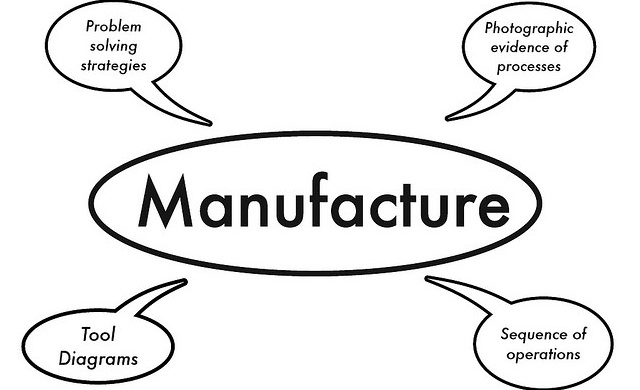In the Wild West of cryptocurrency, the two biggest stablecoin sheriffs, Circle and Tether, are facing down a regulatory dust storm. Circle, known for its clean reputation, is riding into Washington, D.C., hoping to deputize lawmakers to establish clear stablecoin rules. Tether, on the other hand, is a lone ranger, taking matters into its own hands by cracking down on outlaws like fraudsters and money launderers. Only time will tell which approach will bring order to the crypto frontier.

The growing presence of traditional finance in the cryptocurrency world, coupled with a patchwork of regulations around the globe, is creating a divide among stablecoin issuers like Tether and Circle. Circle, taking a more establishment approach, criticizes what it sees as sluggishness from U.S. lawmakers and advocates for a united front on crypto regulations across different countries. Tether, on the other hand, with a focus on developing markets, expresses frustration with the slow pace of law enforcement in combating crypto-related crimes.
The crypto landscape is poised for a fascinating shift as the rigid structures of traditional finance waltz with the freewheeling world of crypto. Here’s the million-dollar question: how will Tether and Circle, the reigning monarchs of US dollar-backed stablecoins, adapt and thrive in this new ecosystem? These two giants have already charted divergent paths. Circle, the self-proclaimed champion of compliance, mirrors regulators’ desires for a unified global framework. Tether, on the other hand, prefers a nimble, hands-on approach, allowing for regional adjustments, particularly when it comes to combating financial crime.
Dante Disparte, Circle’s head of global policy and chief strategy officer, emphasizes the necessity for harmonized regulations on stablecoins rather than fragmented ones. He points out the void created by U.S. policy inaction, leading other nations to enact their own regulations and potentially splintering the industry. Disparte highlights the Travel Rule’s role in defending crypto endpoints and suggests extending similar legislation to stablecoins to ensure financial integrity and compliance standards.
Meanwhile, Tether, focused on emerging markets and the underbanked, draws parallels between the stablecoin market and the Eurodollar model, which operates outside U.S. jurisdiction. With no intention to serve U.S. customers, Tether envisions its future in regions beyond traditional financial hubs and is crafting its own strategies for collaboration with law enforcement.
CEO Paolo Ardoino dismisses the notion that U.S. law agencies lack jurisdiction over the company, deeming it unwise. He emphasizes Tether’s proactive stance in collaborating with U.S. authorities such as the FBI and DOJ, as well as numerous global law enforcement agencies. Ardoino advocates for proactive engagement from the Treasury with stablecoins, citing tools like Chainalysis to monitor secondary markets. Despite minimal legal obligations for stablecoin issuers in secondary markets, he stresses their responsibility to uphold monitoring standards.

Speed is Needed
When it comes to combating crime, the crypto industry faces unique challenges, remarks Ardoino. He underscores Tether’s proactive stance, highlighting direct collaboration with law enforcement to bypass lengthy judicial processes, which could result in funds being disbursed within six months. Ardoino advocates for swift action, emphasizing the importance of freezing funds upon law enforcement contact.
“When the DOJ requires asset freezing, they reach out to us,” Ardoino notes, citing Tether’s success in freezing over 600 million USDt in collaboration with U.S. law enforcement. He stresses Tether’s precision in asset freezing capabilities, contrasting it with the instantaneous removal of entities from the OFAC SDN list by the Treasury. Ardoino proposes a proactive approach from authorities, suggesting prior communication to freeze assets before sanctions are publicly imposed, thereby ensuring effective fund lockdown.
The divergence in approach between Circle and Tether becomes apparent when reflecting on the collapse of Terra’s UST stablecoin and its backing currency, Luna—a pivotal event that exposed vulnerabilities within the crypto ecosystem.
Prior to Terra’s unraveling, Ardoino had voiced skepticism about the project, considering it a “bad idea.” His cautionary stance was met with skepticism itself, as some viewed it as merely competitive bias against the algorithmic stablecoin.
“Then Terra Luna happened,” Ardoino recalls, noting the ensuing pressure on Tether and threats of market shorts and bank runs. Despite the challenges, Tether managed to redeem a substantial amount—$7 billion in just 48 hours and over $20 billion within 20 days—demonstrating resilience in turbulent times.
On the other hand, Disparte from Circle reflects on the crypto industry’s self-inflicted setbacks, lamenting the accumulation of a “checkered scorecard” for such a young sector.
“In adhering to e-money or money transmission regulations, such as the state-based regime in the U.S., safeguards could have been in place, preventing incidents like Terra Luna’s collapse,” Disparte suggests. Had proper regulations been followed, he argues, the stability of the principal could have been preserved, averting the need for drastic measures to salvage the situation.
Learn from market wizards: Books to take your trading to the next level.

 Hot Features
Hot Features












